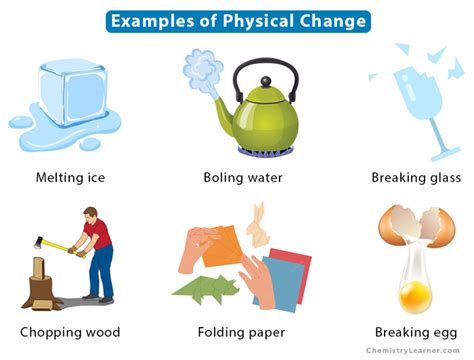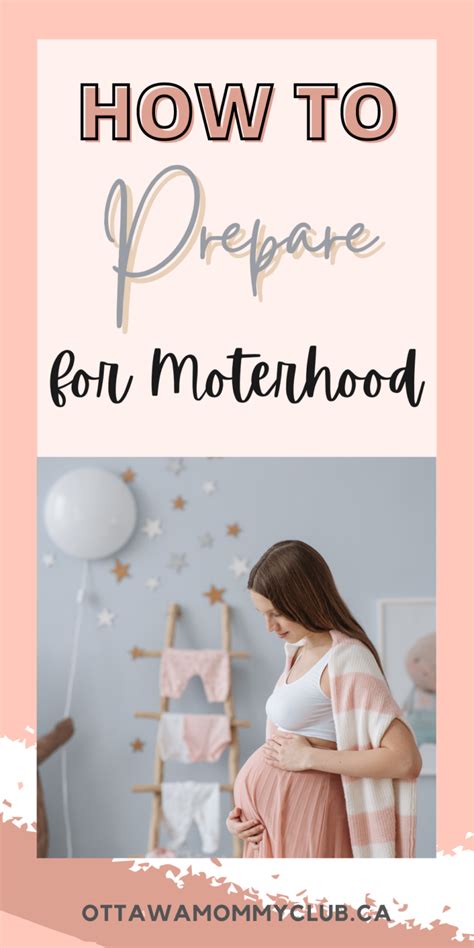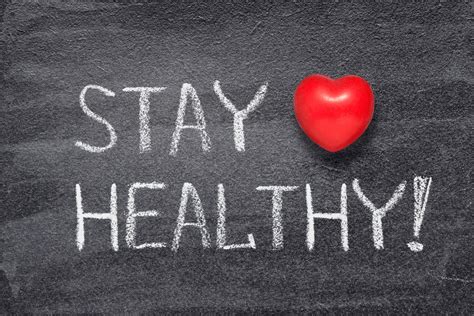Intro
Discover the 28 weeks pregnant update, covering fetal development, pregnancy symptoms, and body changes during this critical period of gestation, including baby growth, maternal health, and preparation for parenthood.
As you reach the 28th week of your pregnancy, you're likely to experience a mix of excitement and anticipation. This period is crucial, and you're probably eager to know what to expect and how to navigate the remaining weeks of your pregnancy. At 28 weeks pregnant, you're almost at the end of your second trimester, and your baby is growing rapidly. Your little one is now about 15 inches long and weighs around 2.2 pounds. Their skin is starting to thicken, and fat layers are forming, which will help regulate their body temperature after birth.
Your body is also undergoing significant changes. You may have noticed that your belly has expanded significantly, and your back and joints might be aching due to the added weight. It's essential to take care of your physical health during this period, as it will help you cope with the challenges of pregnancy and prepare you for motherhood. Many women experience a surge in energy during the second trimester, which can be a welcome change after the fatigue of the first trimester. However, it's crucial to listen to your body and not overexert yourself, as this can lead to complications.
As you approach the third trimester, you'll start to feel more connected to your baby. You might be able to feel their kicks and movements more pronouncedly, and you may even be able to distinguish between different types of movements, such as rolling or stretching. This can be a magical experience, and it's a great way to bond with your baby before they arrive. Your healthcare provider will also start to monitor your baby's growth and development more closely, which can provide reassurance and help identify any potential issues early on.
Physical Changes at 28 Weeks Pregnant

Common Symptoms at 28 Weeks Pregnant
Some common symptoms you may experience at 28 weeks pregnant include: * Braxton Hicks contractions: These are mild, practice contractions that help your uterus prepare for labor. * Breast tenderness: Your breasts may become more sensitive as they prepare for milk production. * Fatigue: While you may have experienced a surge in energy, fatigue can still be a problem, especially if you're not getting enough rest. * Heartburn and indigestion: As your uterus expands, it can put pressure on your stomach, leading to heartburn and indigestion. * Mood swings: Hormonal changes can lead to mood swings, which can be challenging to manage.Emotional Changes at 28 Weeks Pregnant

Coping with Emotional Changes
Some ways to cope with emotional changes at 28 weeks pregnant include: * Practicing relaxation techniques, such as deep breathing or meditation * Engaging in gentle exercises, such as yoga or walking * Connecting with friends and family members who can provide emotional support * Joining a pregnancy support group to connect with other expectant mothers * Prioritizing self-care and taking time for activities that bring you joyPrenatal Care at 28 Weeks Pregnant

Importance of Prenatal Care
Prenatal care is essential for a healthy pregnancy. It allows your healthcare provider to: * Monitor your baby's growth and development * Identify potential complications early on * Provide guidance on healthy pregnancy habits, such as nutrition and exercise * Answer any questions or concerns you may havePreparing for Motherhood

Building a Support Network
Building a support network is crucial for new mothers. It can include: * Joining a pregnancy support group or online community * Connecting with friends and family members who can provide emotional support * Hiring a doula or birth coach to provide guidance and support during labor and delivery * Taking advantage of local resources, such as parenting classes or support groupsStaying Healthy at 28 Weeks Pregnant

Importance of Nutrition
Nutrition is essential for a healthy pregnancy. A balanced diet can help: * Support your baby's growth and development * Reduce the risk of complications, such as gestational diabetes or preeclampsia * Provide you with the energy and nutrients you need to cope with pregnancyWhat are the most common symptoms at 28 weeks pregnant?
+Common symptoms at 28 weeks pregnant include Braxton Hicks contractions, breast tenderness, fatigue, heartburn, and indigestion.
How can I cope with emotional changes at 28 weeks pregnant?
+Coping with emotional changes at 28 weeks pregnant can include practicing relaxation techniques, engaging in gentle exercises, connecting with friends and family, and prioritizing self-care.
What is the importance of prenatal care at 28 weeks pregnant?
+Prenatal care at 28 weeks pregnant is essential for monitoring your baby's growth and development, identifying potential complications, and providing guidance on healthy pregnancy habits.
As you reach the end of your second trimester, it's essential to stay informed and prepared for the challenges and joys of motherhood. By understanding the physical and emotional changes you may experience, prioritizing prenatal care, and building a support network, you can set yourself up for a healthy and happy pregnancy. Remember to take care of your physical and emotional health, and don't hesitate to reach out to your healthcare provider or a therapist if you have any concerns or questions. Share your thoughts and experiences in the comments below, and don't forget to subscribe to our newsletter for more pregnancy-related content and updates.
